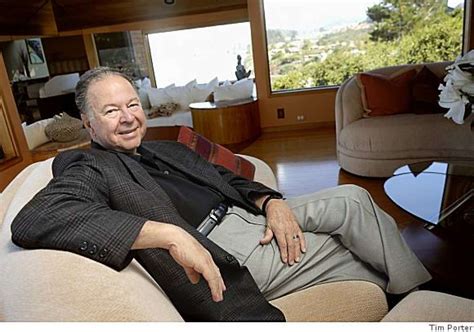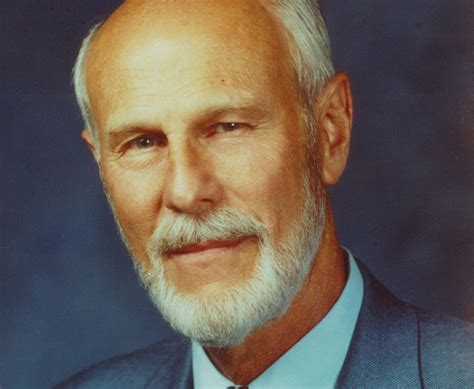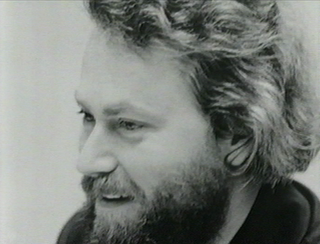A Quote by Leonard Shlain
Democrtitus, in the fifth century B.C. had declared that all the world was composed of only two elements: atomes and the void. This reduction of the myriad of forms to only two was the ultimate in dualistic reasoning. Christianity adopted dualism when it created the strict division between good and evil and heaven and hell.
Related Quotes
The true secret of natural goodness lies in the recognition of the contending rights of the Pairs of Opposites; there is no such antimony as between Good and Evil, but only balance between two extremes, each of which is evil when carried to excess, both of which give rise to evil if insufficient for equipoise.
The conflicting missions of the two armies seemed to have no fog, no gray, only black-and-white clarity. I had lived my life in terms of compromise, rule-bending, trade-offs, concessions, bargaining, striking deals, finding middle ground. In these two great armies, there was no such thing. Good was good, and evil was evil, and they shared no common ground.
There is neither happiness nor unhappiness in this world; there is only the comparison of one state with another. Only a man who has felt ultimate despair is capable of feeling ultimate bliss. It is necessary to have wished for death in order to know how good it is to live.....the sum of all human wisdom will be contained in these two words: Wait and Hope.
The decision must be made between Judaism and Christianity, between business and culture, between male and female, between the race and the individual, between unworhtiness and worth, between the earthly and the higher life, between negation and God-like. Mankind has the choice to make. There are only two poles, and there is no middle way.
In love, for example - the so-called love - we are 'related.' We appear to be related. We create the fallacy of a relationship, but in fact we are just deceiving ourselves. The two will remain two. Howsoever near, the two will remain two. Even in sexual communion they will be two. This two-ness, this duality will never last. So a relationship is only creating a fallacious oneness. It is not there. Oneness can never exist between two selves. Oneness can only exist between two no-selves.



































